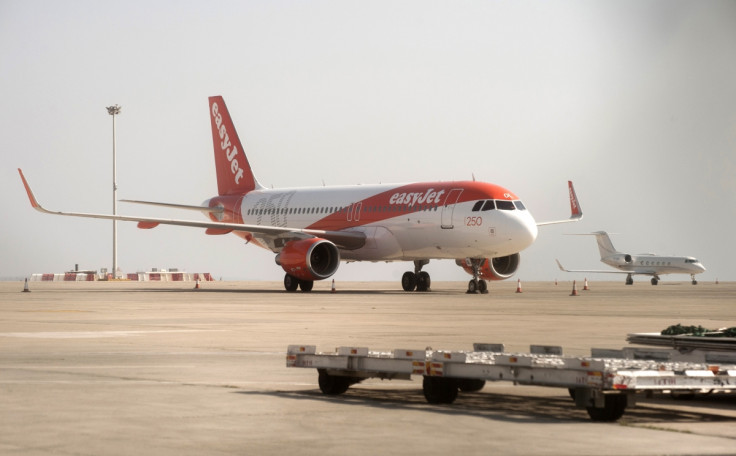EasyJet profits fail to take off despite higher number of passengers

An increase in passenger numbers and revenue was not enough to prevent EasyJet from swinging to a loss in the first six months of the year, the budget airline said on Tuesday (10 May).
In the six months to 31 March, the airline carried 31m passengers, a 7.4% year-on-year increase, while revenue edged 0.3% higher to £1.77bn. However, the carrier swung to a £24m loss before tax compared with a £7m profit in the corresponding period in 2015.
On a constant currency basis, profit before tax declined from £7m to £5m, while revenue per seat, excluding fuel costs, fell 4.2% year-on-year to £52.62, largely because of lower fuel prices. Meanwhile, the group said its load factor, a crucial gauge of performance in the industry as it measures the number of seats filled on each plane, held steady at 89.7%.
EasyJet said the decline was due to a combination of factors, including weakening demand following terrorist attacks in Sharm el-Sheikh, Paris and Brussels and a £33m adverse foreign exchange impact, which included £4m relating to balance sheet revaluations.
However, the FTSE 100 group remained upbeat over its outlook, indicating customers have responded well to a second consecutive year of decreasing fares, which have fallen 6% so far this year. EasyJet, which has opened new bases in Venice and Barcelona and will launch a new hub in Palma de Mallorca in the summer of 2017, said it had recorded its best ever ski season and reported strong demand for beach holidays in its UK business.
"EasyJet has delivered a robust financial performance during the half year despite the well-publicised external events," said group chief executive Carolyn McCall.
"We are confident that over the full year we will again grow passenger numbers, revenue and profit. As a result of EasyJet balance sheet and the Boards confidence in the future success of the business, the annual dividend payout ratio will increase by a quarter to 50% subject to AGM approval."
© Copyright IBTimes 2024. All rights reserved.






